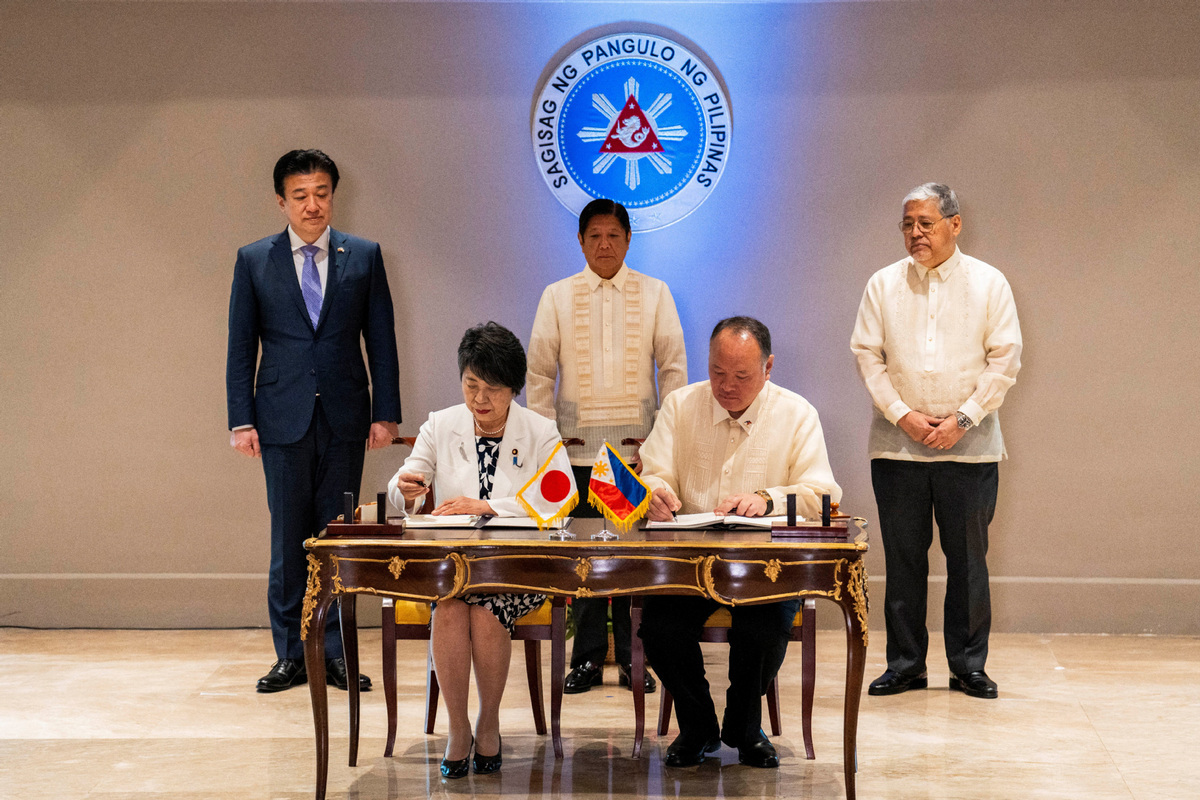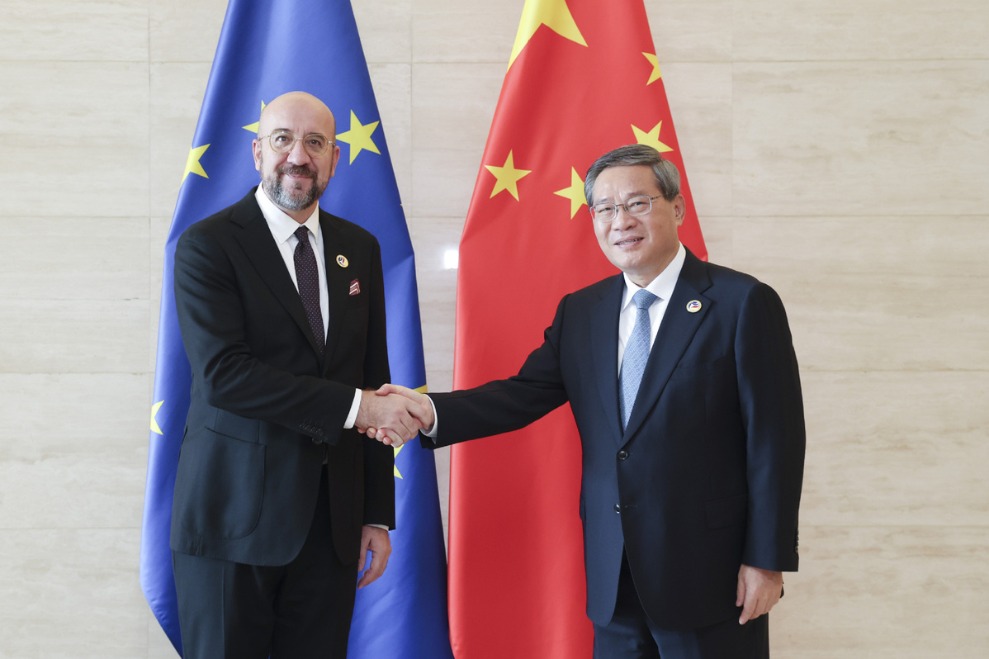Tokyo-Manila military pact may be 'turning point'


A newly signed military pact between Tokyo and Manila, which will allow Japanese troops to land and use weapons in the Philippines for the first time since World War II, risks bloc confrontation and regional instability, analysts said.
In Manila on Monday, Philippine and Japanese officials signed the Reciprocal Access Agreement, or RAA, enabling both sides to conduct joint combat training. The RAA will take effect after ratification by the Japanese and Philippine legislatures, officials said.
Anna Rosario Malindog-Uy, vice-president for external affairs at the Asian Century Philippines Strategic Studies Institute in Manila, said the RAA may face scrutiny and debate in Japan, as the country has adopted a Pacifist Constitution since World War II.
She added that the presence of foreign troops in the Philippines, particularly Japanese soldiers, "may raise sovereignty concerns among some sectors of Philippine society".
The Philippines' closer military cooperation with Japan through the RAA may further strain its relationship with China, she pointed out.
Both the Philippines and Japan are treaty allies of the US.
Malindog-Uy said the enhanced defense cooperation among Japan, the Philippines and the US may also encourage other Southeast Asian nations to seek similar agreements.
"This might lead to an arms race, usher in a Cold War atmosphere, bloc confrontation and create a tension-driven ASEAN region," she said.
Mustafa Izzuddin, a senior international affairs analyst at Solaris Strategies Singapore, said the RAA is a "key turning point" for Japan's direct involvement in the dispute over the South China Sea and may "elicit a countervailing response "from China.
"Relations between China and the Philippines continue to fluctuate, and with the signing of the RAA between Japan and the Philippines, China-Philippine relations may be strained," Mustafa said.
Trading partner
While noting the two countries' dispute over the South China Sea, Mustafa said he hoped that bilateral relations would "not rupture" as China remains a top trading partner of the Philippines.
Lucio Blanco Pitlo III, a research fellow at the Asia Pacific Pathways to Progress Foundation in Manila, said the pact might provide Japan with a jump-off point to conduct future patrols with the Philippines in the South China Sea.
The signing of the RAA is viewed as a landmark agreement for the Philippines. This is the first time that the country, which suffered under Japanese occupation, has sealed a defense agreement with Japan. It is also Japan's first RAA with an Asian country.
According to officials, the RAA allows entry of members of the visiting forces and civilian staff, as well as access and movement of the vessels, aircraft and official vehicles of the visiting force.
The visiting force may also transport, store and handle weapons, ammunition, explosives and dangerous goods to conduct cooperative activities in the host state.
































